Former Canaan resident trades the woods of the Northwest Corner for the grasslands of East Africa.
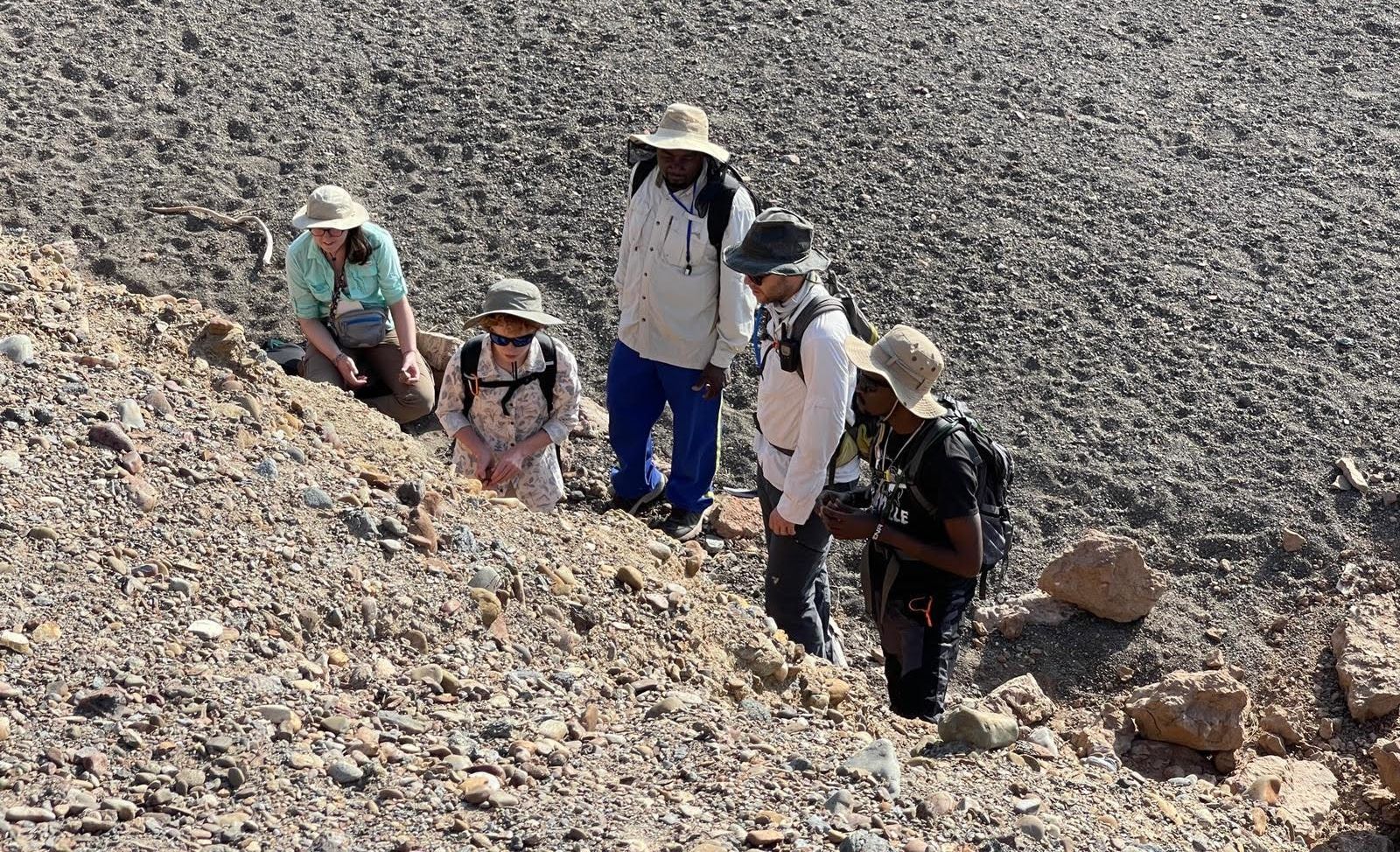
Daniel Peppe leads teams of researchers engaging in paleobotany to determine what the grasslands of Africa looked like millions of years ago.
Photo provided
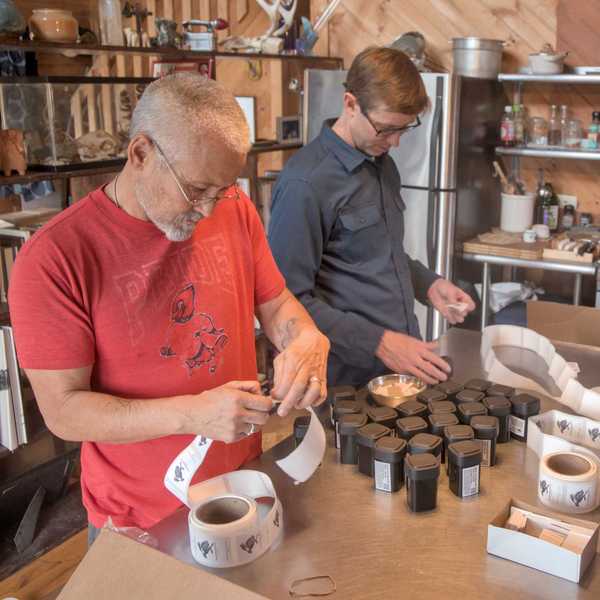
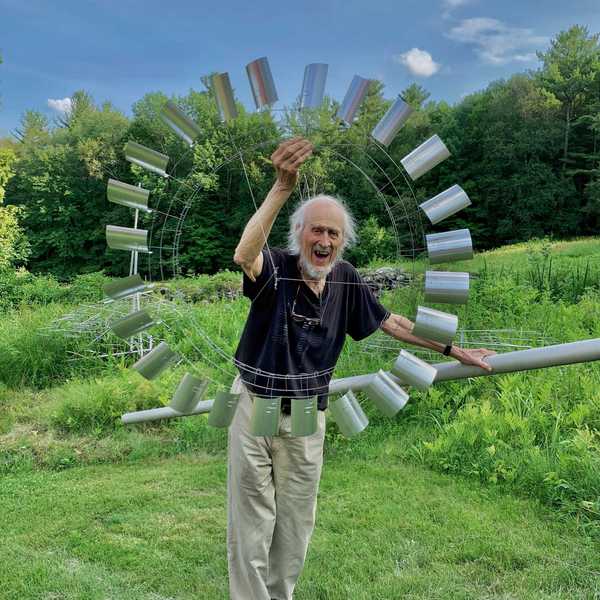
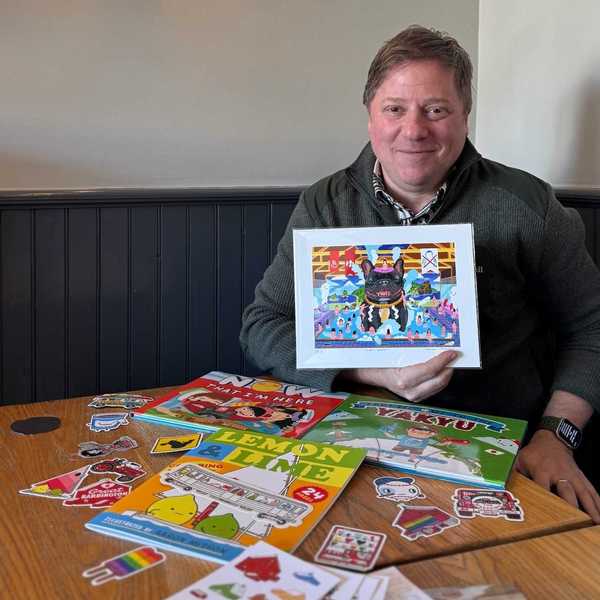
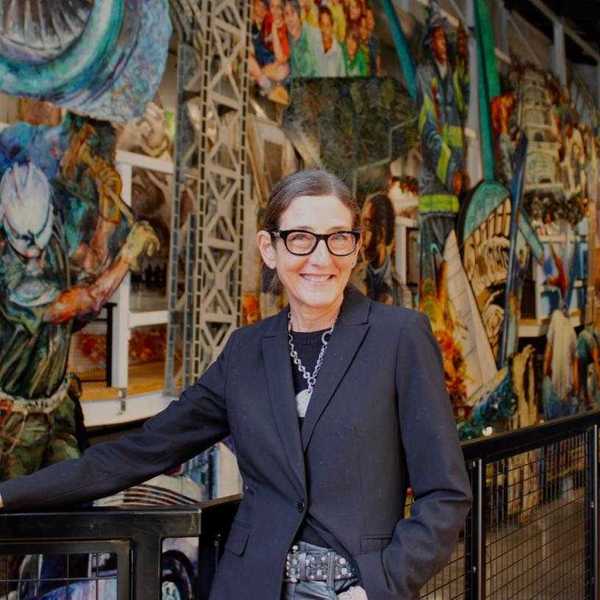
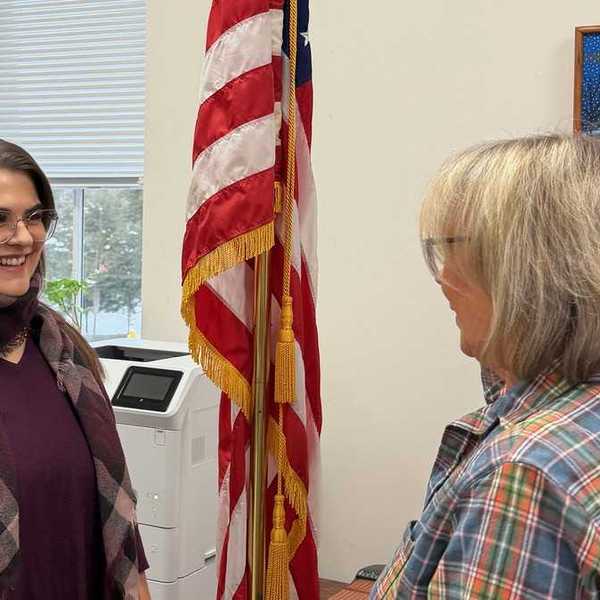
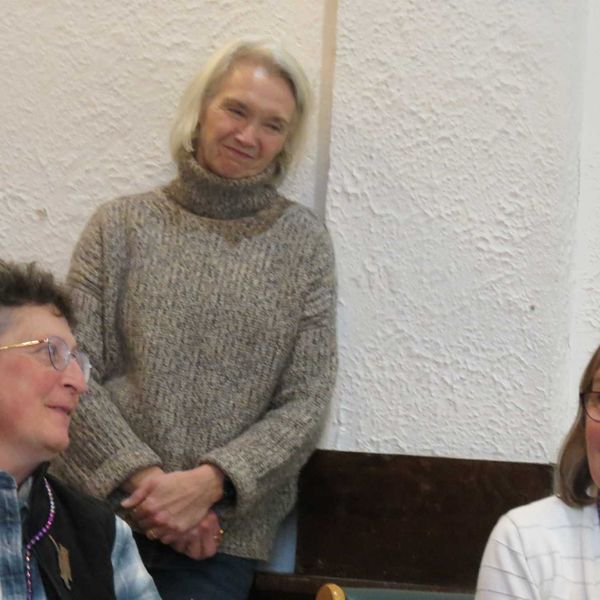






 lakevillejournal.com
lakevillejournal.com 








